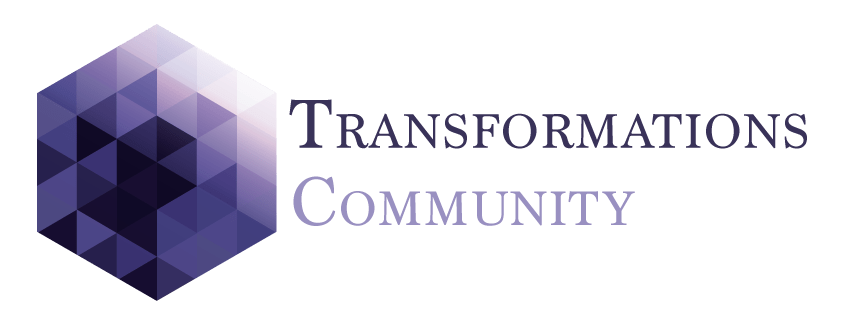Transforming Knowledge
Systems For Life On Earth
The transformation of knowledge systems and the way we produce and use knowledge are crucial for societal transformation. Here, we present a collection of recent activities addressing this topic.
T-2017 Collective Conference Paper
At Transformations 2017 conference in Dundee, 340 delegates analyzed how knowledge systems need to transform to better support solving societal grand challenges and secure the flourishing of human and non-human life on Earth. The process drew on a novel futures-oriented and participatory approach named Three Horizons. We asked what future envisioned knowledge systems might need to look like and how we might get there. Results were jointly published in a peer-reviewed article under the title, “Transforming knowledge systems for life on Earth: Visions of future systems and how to get there”.
Read the article here
*Full article information below
Core message and production process of “Transforming knowledge systems for life on Earth” are covered in this short video.
Script: Ioan Fazey & Niko Schäpke
Video concept, Art Direction, Camera, Editing & Narration: Stephan Verveen (Funnelvision)
@Integration and Implementation Insights
Niko Schäpke and Ioan Fazey provide a concise summary of the main insights from the article and invite to discuss them: “What do you think? Are there key challenges we have missed? Would you add additional elements to future knowledge systems? Are there other policy and action steps to be taken to speed up the transformation?”
Read and discuss the original post here
@The Nature of Cities
In this blog, Chris Ives is exploring how cities should transform their knowledge systems and provides examples of what is already ongoing in Scotland: “Clearly, this description of a future knowledge system is a long way from what many experience in cities around the world, yet it finds resonance with many of the examples of co-production of knowledge highlighted in The Nature of Cities.”
Read the original post here
@ Nature Words (YESS)
Here, Carla Washbourne is reflecting the core message of the T 2017 conference article for environmental and ecosystem researchers and professional: “We can ensure that we are open to questioning the knowledge systems that we work within and that we take time to engage with ideas, tools, approaches, people and communities to collectively explore possible paths to future worlds, however challenging the journey may be.”
Read the original post here
@ Nature Words (YESS)
Carla Washbourne is reporting on different experiences of co-authoring conference papers, using the “Transformating Knowledge Systems” article as an example: “Novel in its approach and implementation and endeavouring to capture the collective thought leadership of the Transformations research community, the paper presented some special challenges of its own.”
Read the original post here
@ European Association of Development Research and Training Institutes (EADI)
In this post, Niko Schäpke and Ioan Fazey argue for the relevance of changing knowledge production and use in the context of global development: “In this endeavor, the use and generation of knowledge has an important role to play in shaping the direction, form and distribution of development. This is why formalized knowledge systems such as universities, research institutes and education, must change in order to best support transformations to more sustainable societies.”
Read the original post here
@Action Research Plus
Short communication piece by Niko Schäpke about the article for the Action Research Plus community.
Read the original post here





